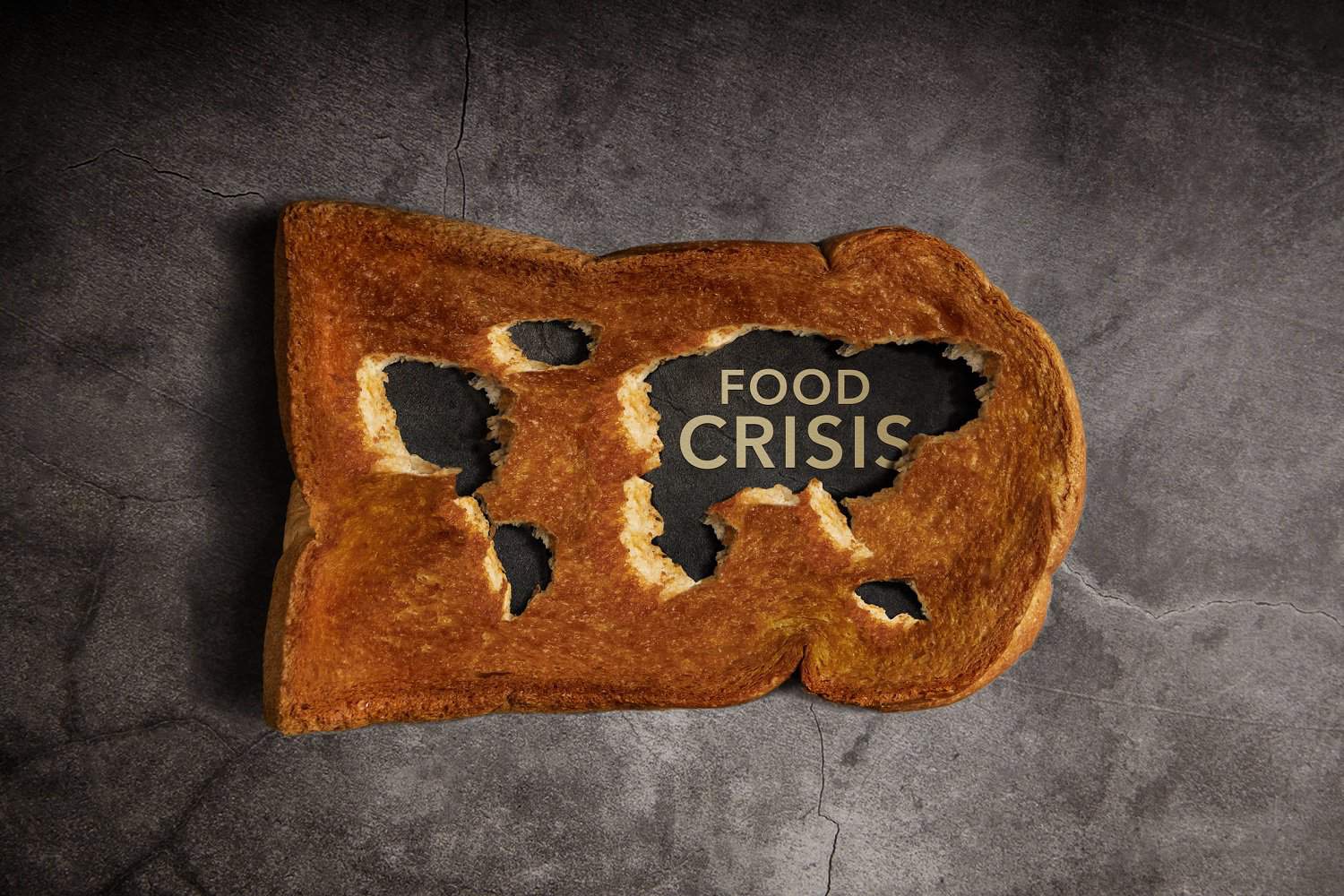The continent is already heavily reliant on import to sustain its population.
Africa’s population stands at 1.4 billion and is expected to grow to 2.4 billion by 2050, according to research by the United Nations.
However, concerns were raised on whether the continent’s food systems would be able to sustain the population increase, as demand for milk and meat is expected to triple in the same period.
Nhlanhla Nene, chairman for The European House – Ambrosetti (Teha) for the 2024 CEO Dialogue, and former minister of Finance said the growing population requires significant advancements in the continent’s food systems.
“Food security is a pressing concern and agroindustry plays a vital role in ensuring sufficient food production, distribution, and access to affordable and nutritious food for the growing population.”
ALSO READ: Experts predict greater food security threat in Africa over the next two decades
Low values of meat consumption
Nene, speaking at the 11th 2024 CEO Dialogue by Teha on Thursday morning said Africa has low values of meat consumption compared to the rest of the world.
However, South Africa has a higher rate of meat consumption per person, accounting 71,57kg per capita. While the Democratic Republic of the Congo’s per capita meat consumption in 2021 was 3,03kg.
“Mozambique and Angola’s meat consumption per person in 2021 was 10,38 kg and 19,98 kg.”
Livestock farming in the continent
He noted livestock farming in the continent, that sub-Saharan Africa accounts for 14% of the world’s livestock resources, but it produces only about 2.8% of the world’s meat and milk outputs.
Nene added that crop production is projected to account for over 72% of total output by 2030, while the share of livestock products will advance to 20% and the share of fish production decline to 7%.
“Lack of access to technology and information, poor infrastructure, lack of access to markets and lack of controlling animal diseases play key roles in deterring sustainable smallholder livestock farming.”
ALSO READ: Food security in SA lowest in decade, child hunger a major issue – index
Meat and Milk demand to grow
According to research, it is estimated that African urban consumers’ demand for meat and milk may triple by 2050. However, the issue is the continent is already heavily reliant on imports to sustain its population.
He attributed the challenges faced by African countries when it comes to meeting demand to limited infrastructure, underdeveloped livestock sectors, and frequent droughts that affect feed and water supply for animals.
“Dependence on imports for essential food products like meat raises concerns about food security, especially in times of global supply chain disruptions or international trade restrictions.”
ALSO READ: VAT-free chicken: Sapa applies for no tax on some poultry products in SA
SA has the biggest stock of cattle and chicken
Nene told attendees that South Africa has the biggest stock of cattle and chickens, while Angola and Mozambique have a bigger presence of pigs.
According to the latest data they have, South Africa led beef production in Africa as of 2022, with the production of over one million metric tons of bovine meat that year.
Angola produced 108,000 metric tons, while Mozambique only 20,000 metric tons.
SA is also the second largest producer of chicken meat in the continent, with a production volume of 1.9 million metric tons.
African heavily reliant on imports
Nene acknowledged that African is heavily reliant on imports, however, while SA is the only country that exports a higher quantity of bovine meat than it imports.
“The main destinations of South Africa’s exported bovine meat are Kuwait and the United Arab Emirates together with other Countries of Sub-Saharan Africa, such as Mozambique and Lesotho.
“Regional trade plays a significant role since nearly 40% of imports and exports are within Africa. Regional trade not only boosts economic integration but also strengthens food security and employment across the Continent.”
NOW READ: Half of SA population will be food insecure by 2025
